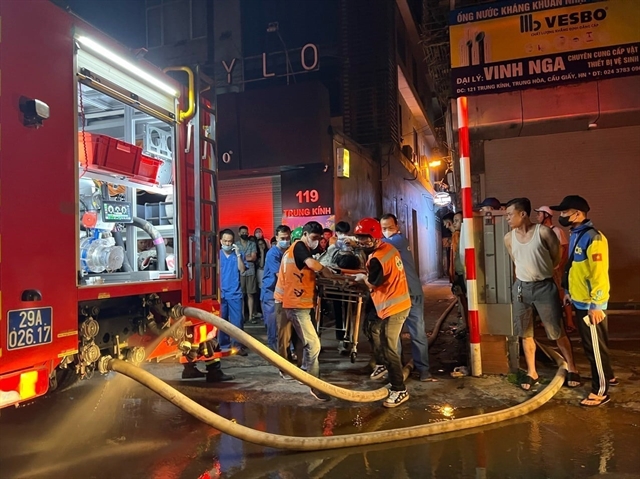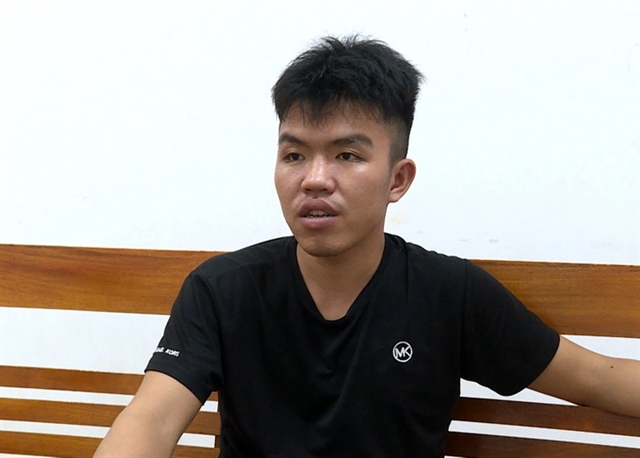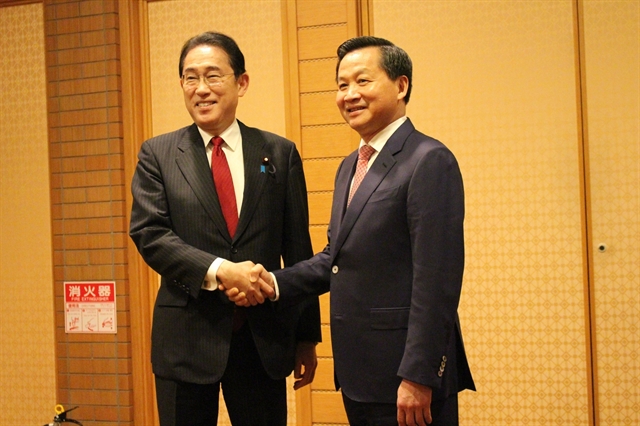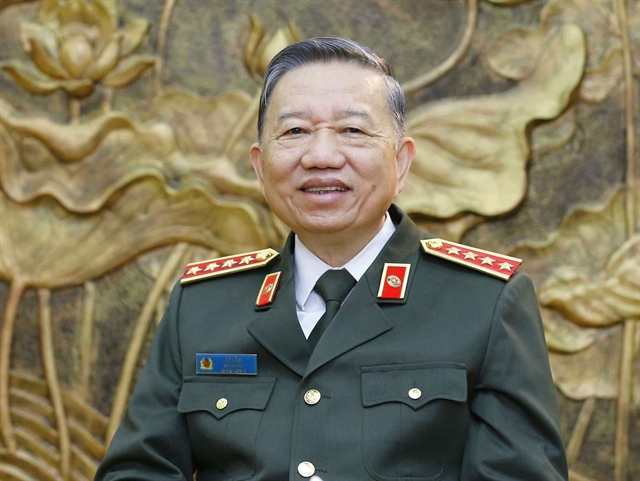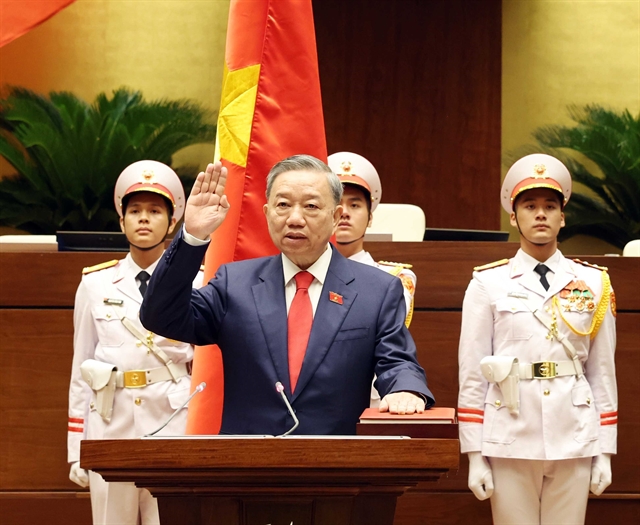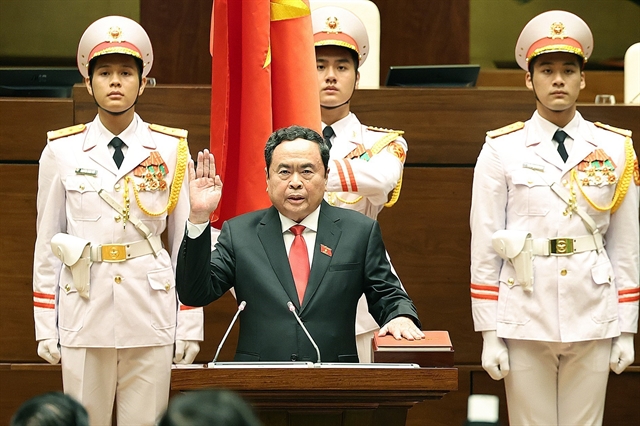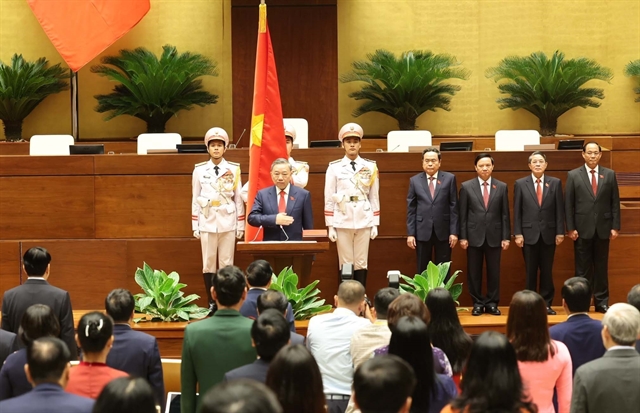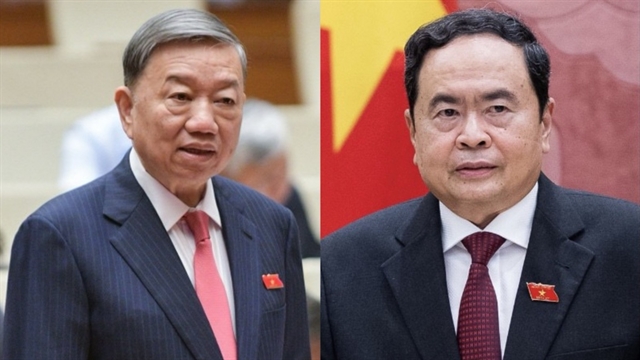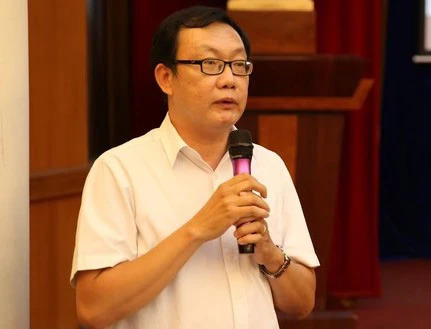 Opinion
Opinion
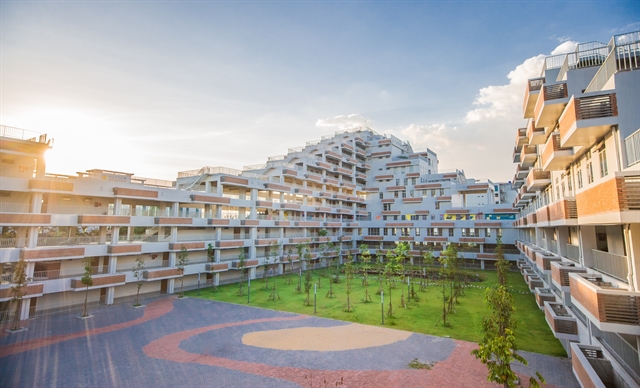
Minister of Education and Training Phùng Xuân Nhạ spoke with Thời báo Kinh tế Việt Nam (Vietnam Economics Times) about the tightening of regulations on doctoral training of the ministry in order to create high-qualified human resource instead of massive training of PhDs.
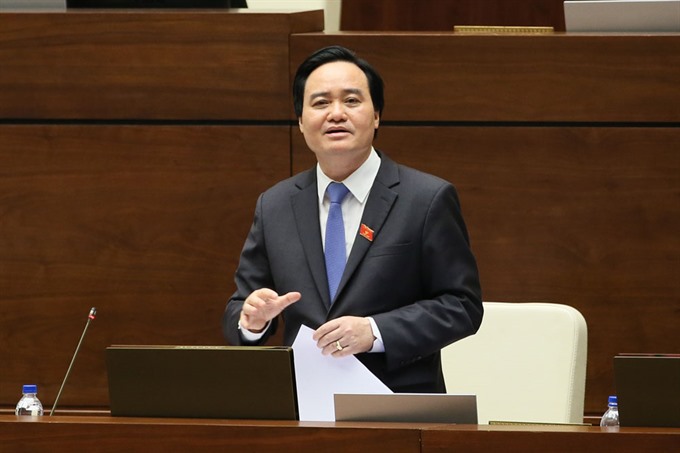 |
| Minister of Education and Training Phùng Xuân Nhạ.— Photo vietnamnet |
Minister of Education and Training Phùng Xuân Nhạ spoke with Thời báo Kinh tế Việt Nam (Vietnam Economics Times) about tightening regulations on doctoral training to create qualified human resources.
Why has the Ministry of Education and Training decided to draft a plan to spend VNĐ 12 trillion (US$533 million) to train 9,000 PhD holders for Việt Nam by 2025?
Việt Nam’s college and university lecturers with doctoral degrees account for just 21 per cent compared to 35 per cent set by the ministry’s Project 911 by 2020. Once the project training 9,000 PhD holders is finished, the rate of lecturers with PhDs will be 30 per cent.
This project is not a new one. It is a revision of Project 911 which focuses on training PhD instructors for universities and junior colleges in Việt Nam during 2010-20. The project aims at training academics abroad and creating mechanisms and policies for scientists to work at universities in the country.
The information of the plan should be clear to avoid misunderstandings. The project is based on the demand and focus on the quality of training, not for the mass training of PhDs.
What are the policies to attract PhD holders to return to work in Viet Nam after they finish their studies abroad?
Currently, the ministry focuses on links between training and demand of employees. Training institutions must take responsibility in planning and developing staff, including lecturers. Based on that, the ministry will launch supportive policies and mechanisms for those who study abroad and return to the country for work.
The renovation of doctoral training management in the new project is very different from traditional training. The amount of money for the training will be the same amount as in Project 911 approved by the National Assembly and will be spent based on the quality of training.
The most important factor is the quality of training. This project focuses on the responsibility of training institutions and learners. The role of the ministry is to introduce a policy and mechanism to encourage talented people to register for the project.
The training of doctors in Viet Nam has shortcomings. How will the ministry control the quality of training in the new project?
The ministry has promulgated regulations on doctoral training with higher requirements. For example, learners are required to have a period of intensive study and scientific papers published in international journals.
The ministry will strengthen inspection on the compliance of regulations of training institutes.
If trainees meet the standards and requirements, they will be provided scholarships.
The cost of training PhDs in Việt Nam is quite low compared to abroad. Could the ministry adjust the cost of PhD training in the country?
In my opinion, we have to adjust the cost. It is obvious that we need to calculate the level of funding properly. Of course, the level of support needs to meet training requirements and take into account developmental conditions for learners.
The Ministry of Education and Training has worked with the Ministry of Finance to calculate how to train doctors for each region. However, in my opinion, we have very good training facilities, so it is advisable to link with foreign institutes to jointly train PhDs instead of sending everyone overseas. -- VNS

